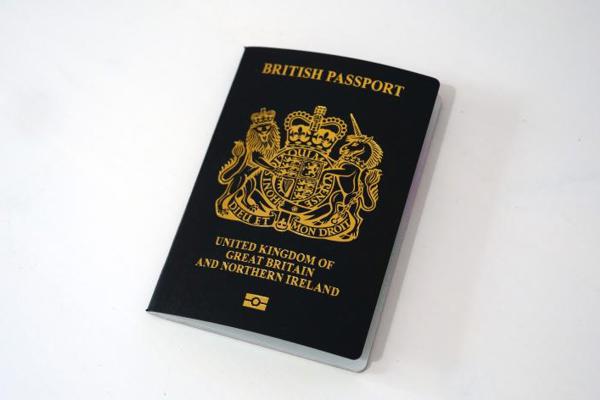As an immigration lawyer it's unavoidable, especially as I have friends and clients with concerns about their status and everyone wants to know what's going to happen.
While I don't have a crystal ball to predict what is going to happen with the Withdrawal Agreement, the ongoing votes in Parliament are, to some extent, irrelevant when it comes to the status of EU nationals in the UK after Brexit. Regardless of whether there is a deal, or the UK leaves without a deal, we know what will happen to EU nationals already living in the UK.
In recent months, I've been speaking with employers about Brexit, and specifically what they can do to make sure their staff register with the Home Office to protect their right to work after Brexit, but along the way I've been surprised by some of the things I've learned:
1. Many employers don't know which staff will need to register
This isn't a case of employers simply not knowing about the requirement to register, although there are still misconceptions about this, but it is a case of employers not knowing the nationality profile of their staff.
This is understandable, as many employers don't record the nationality of staff because it isn't strictly speaking necessary, and they may only ask for this information as part of a voluntary equality questionnaire.
Although establishing a nationality profile for staff can seem like a daunting task, it doesn't need to be. While employers are not required to record the nationality of their staff, they are supposed to keep copies of their right to work documents and this includes passports or ID cards. If an employer has been keeping copies of these documents they will have a good starting point to identify staff who will need to register.
If an employer hasn't been keeping copies of right to work documents, then now is the ideal time to review their policies and procedures. The consequences of hiring someone without the right to work are significant and include:
- Fines of up to £15,000 for a first offence;
- Potential closure of premises for 48 hours; and/or
- Loss of a Sponsor Licence, if the company holds one.
The only way to protect a business from these penalties is to have a clear policy which is applied consistently and ensures the correct right to work documents are kept on file.
2. Employers are concerned about the registration process
I recently spoke with one business that was concerned the registration process would require a lot of paperwork, and they felt a number of their employees might struggle with this.
In fact, the registration process is, in most cases, relatively straightforward and paper light. An application to register can be completed in as little as 30 minutes using only an Android Phone (at the moment Apple devices are not compatible). It is also free of charge.
Where someone is already employed in the UK, it is unlikely they will be asked to provide further evidence of their residence in the UK and our experience of the application process has been positive.
3. Some employers don't know what they can do to help their staff
Every employer I've spoken to has said they want to help their staff, but a common question is "where do we start?" It is a criminal offence to provide immigration advice without being a qualified solicitor or regulated OISC adviser, but this doesn't prevent an employer from making general information available to staff. I've seen a number of employers take simple but effective steps which can easily be replicated including:
- Sending updates to all staff highlighting the steps they are taking to protect their staffs' right to work in light of Brexit;
- Setting up a regular email list for affected staff;
- Organising information sessions for staff to discuss their concerns and answer their questions.
These steps allow an employer to provide staff with vital information without giving immigration advice.
4. For many people, the approach is still "Wait and see what happens"
From my perspective, this is the most concerning thing I've witnessed. Even if the UK leaves the EU with a deal, there will be limited time for staff to register to allow them to work beyond December 2020 so there is little benefit in waiting.
Establishing a nationality profile for staff, setting up a channel for communication and monitoring registrations is something that will take time so starting the process now is the best approach. Whether there is a deal, or no deal, this is something that can be done now and will need to be done regardless, so why wait?
Some clients have raised the possibility of Article 50 being revoked, or a People's vote, but even if this were to happen there is still a risk registration will still be required. The UK has always been able to require EU nationals wanting to live here for more than three months to register, but has never used this power because it would be expensive to create a registration system. Now that the system exists, it is likely to be used even if the UK stays in the EU.
My recommendation to all employers is to take steps now to begin to prepare for Brexit. By doing so, the process will be easier to manage, will reassure their employees and save a last minute panic by employers and staff.
We offer practical support for employers and staff affected by Brexit, so if you have any questions please get in touch.


